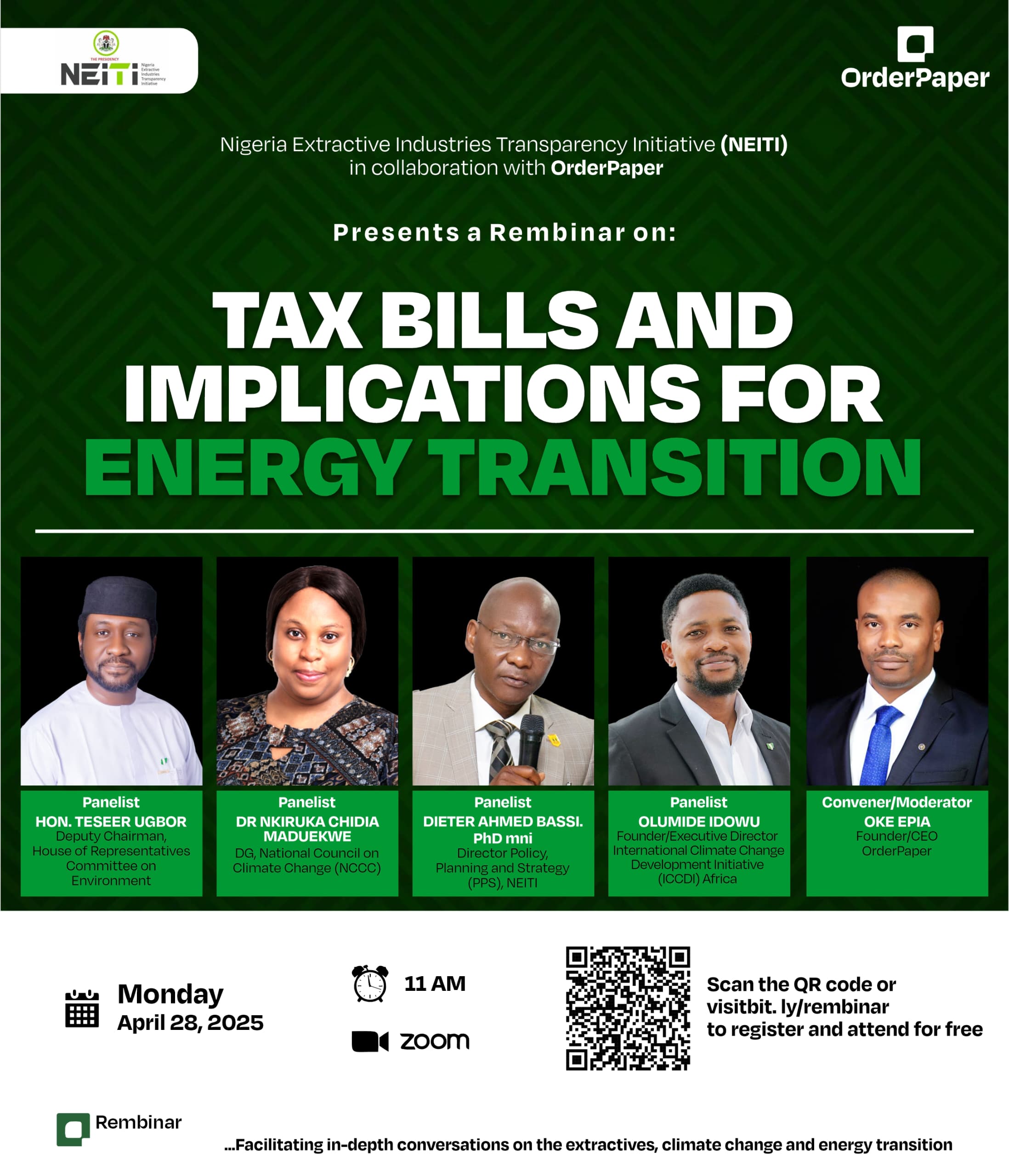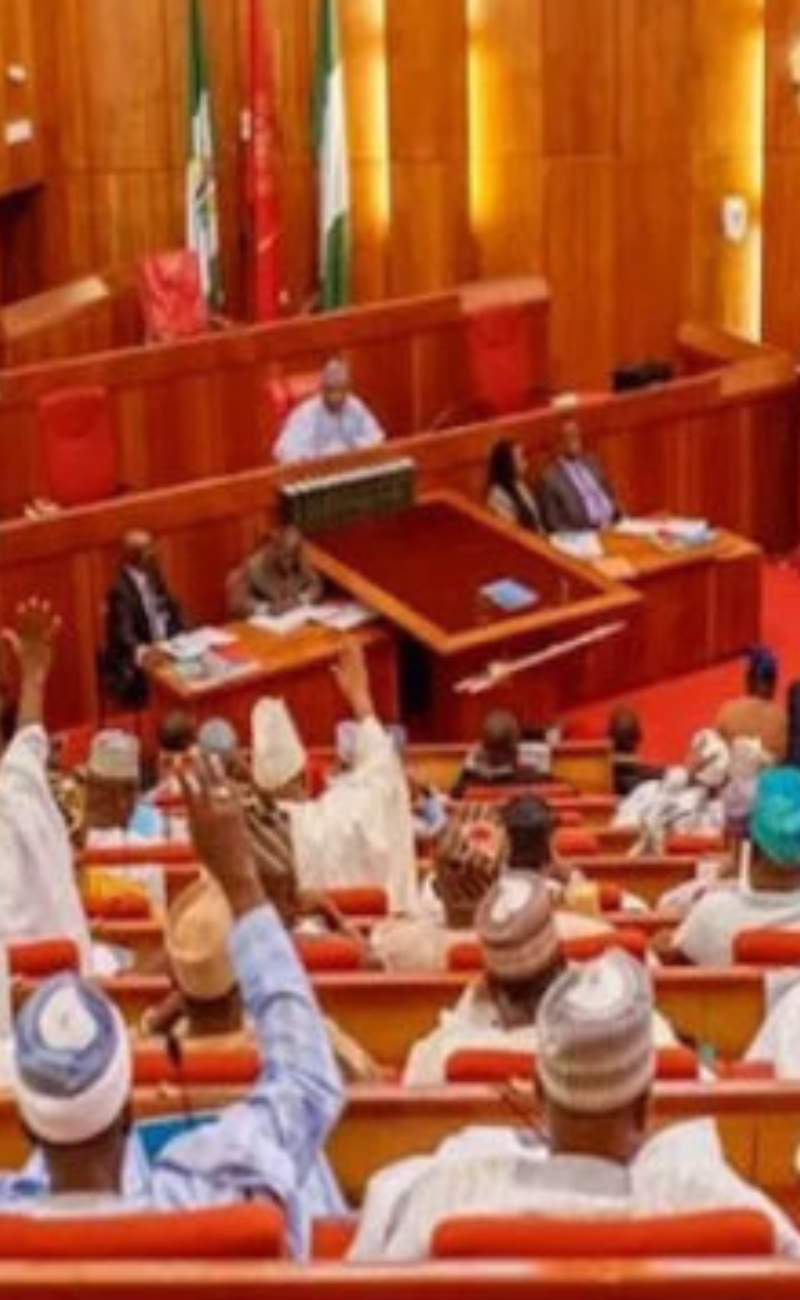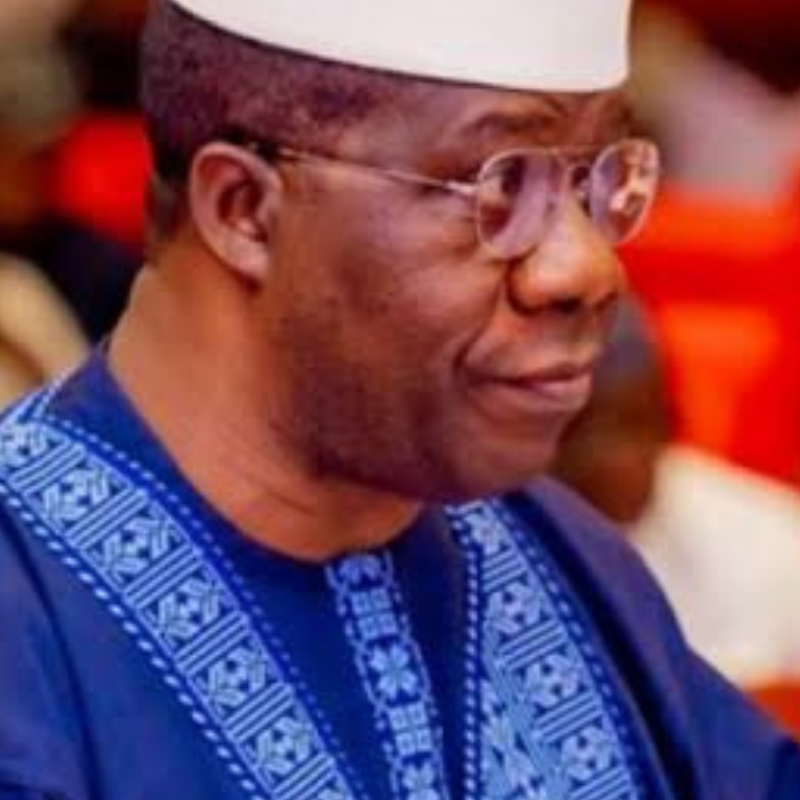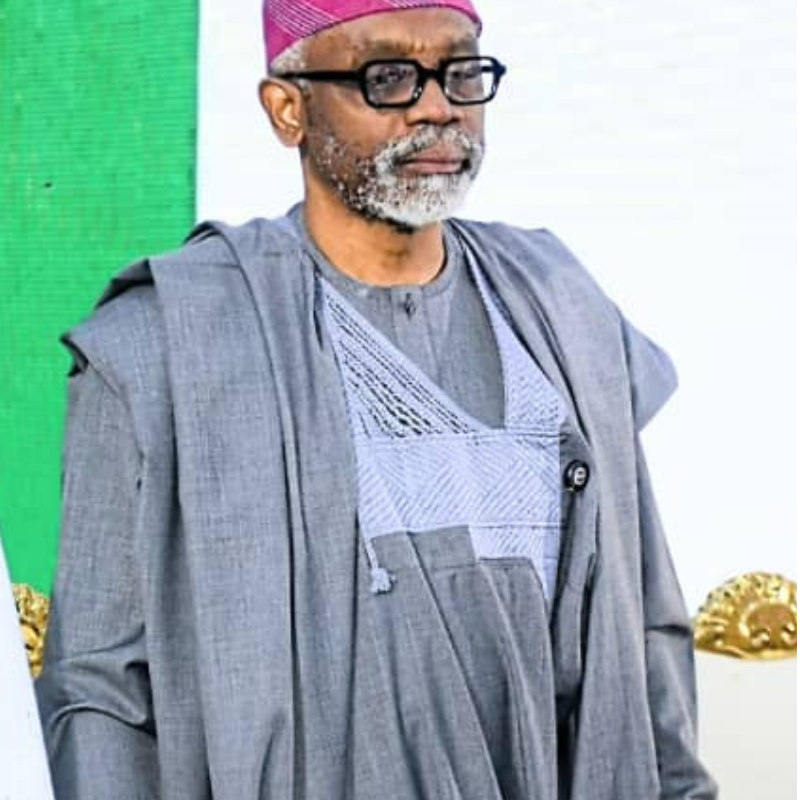At the Rembinar Dialogue Series second edition, climate activist, Olumide Idowu, executive director of ICCDI, highlighted the critical need for youth participation in Nigeria ‘s energy transition

Climate activist and Founder/Executive Director of the International Climate Change Development Initiative (ICCDI), Olumide Idowu popularly known as “Mr. Climate” on social media has called for a youth-led approach to Nigeria’s energy transition.
Idowu made this call during a stakeholder engagement session organized by OrderPaper Nigeria in collaboration with the Nigeria Extractive Industries Transparency Initiative (NEITI), held on Monday, April 28, 2025.
The engagement, which formed the second edition of the Rembinar Dialogue Series, was a virtual high-level conversation themed “Tax Bills and Implications for Energy Transition.” Rembinar is an initiative under RemTrack, OrderPaper’s civic-tech tool designed to track policy performance, promote accountability, and enhance transparency in Nigeria’s extractive industries.
ALSO READ: Tax policy must drive Nigeria’s energy transition — NEITI Boss
The session featured insights from distinguished panelists including Rep. Terseer Ugbor (Deputy Chairman, House Committee on Environment), Dr. Nkiruka Chidia Maduekwe (Director-General/CEO, National Council on Climate Change), and Dr. Dieter Ahmad Bassi (Director of Policy, Planning, and Strategy, NEITI).
Speaking on the four tax bills under consideration and their relevance to the energy transition, Idowu emphasized that Nigeria’s tax reforms must prioritize investments in renewable energy. He advocated for the gradual removal of fossil fuel incentives and the scaling up of renewable energy development across the country. He also highlighted the critical need for youth participation in this transition.
Addressing the knowledge gap among young Nigerians regarding tax systems, he noted, “Many youths lack basic understanding of tax systems, let alone how fiscal reforms could impact their livelihoods.”
Idowu stressed that youth must be at the center of climate solutions.
“We can see the youths, what they can do to mobilize communities, to raise awareness and to drive demand for sustainable practices. To actually allow young people to understand the latest technology, which one of them is social media, which allows them to effectively communicate their vision for a greener future,” he said.
However, Idowu warned that Nigeria’s current economic environment remains unfavorable for young entrepreneurs hoping to invest in renewable energy.
“When you see the upcoming young people that are into business, or people that want to even tap into the renewable energy sector, they notice that the economy we have presently is not conducive for them to even explore, or even to say we’re talking about tax, how is it going to help them to grow their business?”
As Nigeria pursues its energy transition goals, Idowu underscored the importance of building “climate-smart generations” across Africa. He stressed the need for an inclusive transition that addresses all stakeholders’ needs while harnessing youth innovation and entrepreneurship.
“If young people are not included in this process, who will be the beneficiaries?” he asked.
Idowu also advocated for stronger investment in STEM education, research, and local entrepreneurship to empower young Nigerians:
“Innovation and entrepreneurship in clean energy are key. We must equip young people with the skills to develop cutting-edge solutions that drive both economic resilience and environmental protection.”
Nevertheless, bridging the gap between informed elites and the broader youth population remains a major challenge. Idowu emphasized the importance of localizing clean energy conversations:
“We must promote local incentives, opportunities, and activities that help young people understand clean energy solutions in their own language and context,” he said.
He further added: “When it comes to the transition, we need to start looking at how do we localize this conversation? How can our local governments, how can our councils in our districts start looking at small actions that turn to big impacts?
It’s very important that there must be an activity. We must ensure a reform that can promote local incentive, local opportunity, local entrepreneurs, local active channels that can help young people to understand clean energy solutions. Because most of them need to understand this in their local language.
“These are the things that when done — when localized — can help bridge the gap. We must take along those without understanding, those with wealth and knowledge, and those who will benefit from these opportunities.
“How do we turn all these people into implementers? How do we ensure that when young people see policy reform, tax reform, or the energy transition, they think about investing in their local communities, getting informed, making money back for themselves, and feeding it back into the economy?”
He concluded: “The transition to renewable energy demands understanding, opportunity, and local engagement. Without targeted reforms and investments that directly impact young people, Nigeria risks missing the enormous potential of its youth population.”
Parliament Reports recalls that the four tax reform bills — namely the Nigeria Tax Bill (NTB) 2024, Nigeria Tax Administration Bill (NTAB), Nigeria Revenue Service (Establishment) Bill (NRSEB), and Joint Revenue Board (Establishment) Bill (JRBEB) — were approved by the House of Representatives in March.
They are currently awaiting Senate approval and subsequent presidential assent.
The proposed legislation seeks to consolidate multiple tax laws into a unified framework and proposes the establishment of the Nigeria Revenue Service (NRC), which will replace the Federal Inland Revenue Service (FIRS) and assume tax collection duties from various agencies.




